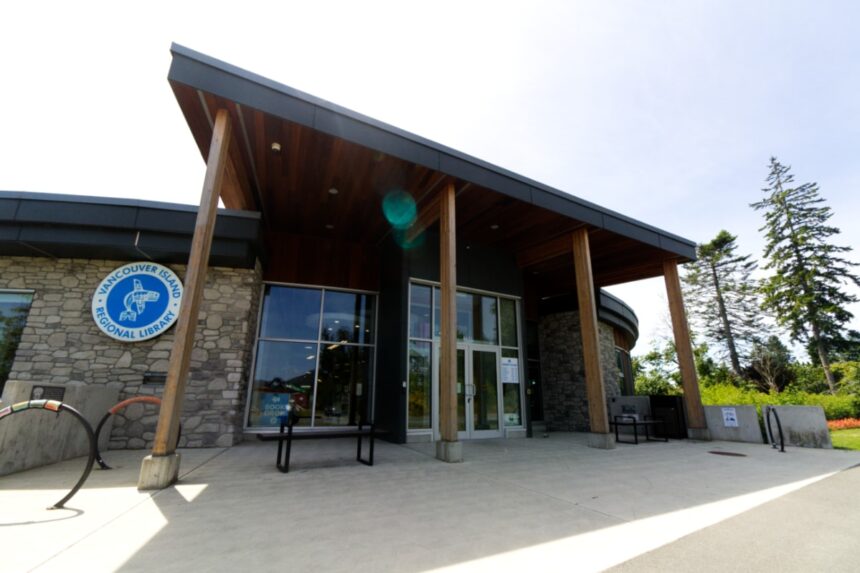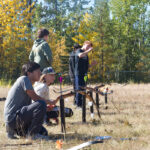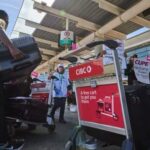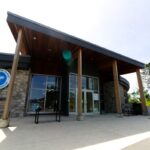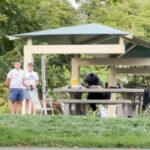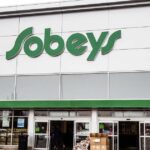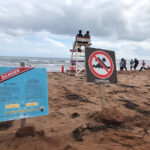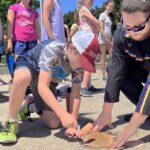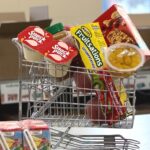In an era where grocery bills continue to climb and climate change threatens agricultural stability, the Sooke community is taking proactive steps toward local food resilience. The Vancouver Island Regional Library’s Sooke branch has unveiled an innovative series of workshops titled “Food Connects Us,” designed to equip residents with practical skills for enhancing personal and community food security.
The six-part workshop series, scheduled to begin on August 22, represents a strategic collaboration between the library and the Sooke Region Food Community Health Initiative (Sooke Food CHI). This partnership aims to address growing concerns about food accessibility and sustainability in the coastal community.
“Libraries have evolved far beyond simply lending books,” explains Sarah Rubidge, the branch’s program coordinator. “We’ve become community hubs where practical knowledge and vital skills are shared. Food security touches everyone, regardless of socioeconomic status, making these workshops particularly relevant in today’s economic climate.”
Each session has been carefully crafted to build participants’ capacity across the food spectrum. The inaugural workshop focuses on plant propagation techniques, teaching attendees how to multiply their existing plants to expand home gardens efficiently. Subsequent sessions will cover preservation methods, ethical foraging practices, seed saving, and culminate with a community meal celebration in December.
The timing of this initiative coincides with Statistics Canada’s recent report indicating that food prices have increased by 8.4% nationally over the past year, with Vancouver Island experiencing even steeper rises in produce costs. These economic pressures have sparked renewed interest in self-sufficiency and local food systems.
“What distinguishes these workshops is their accessibility,” notes Anita Wasiuta of Sooke Food CHI. “We’ve designed them to be practical for everyone, whether you have acres of land or just a small apartment balcony. The emphasis is on affordable, scalable techniques that can be implemented immediately.”
The workshops are being offered free of charge, though pre-registration is required due to space limitations. Library officials report that the initial session has already reached 80% capacity, reflecting the community’s strong interest in food sovereignty issues.
Beyond the immediate practical benefits, organizers hope the series will strengthen local food networks. “When communities understand how to produce and preserve their own food, they become more resilient to supply chain disruptions and economic shocks,” explains Wasiuta. “These skills were common knowledge for our grandparents but have been largely lost in recent generations.”
The initiative aligns with broader regional efforts to enhance food security across Vancouver Island communities, many of which face unique challenges due to their geographical isolation and vulnerability to transportation disruptions.
As climate scientists predict increasingly unpredictable weather patterns affecting global food production, local initiatives like Sooke’s workshop series represent practical responses to potential future challenges. By building capacity at the community level, residents gain both immediate benefits and long-term resilience.
For those interested in participating, registration remains open through the Vancouver Island Regional Library website or in person at the Sooke branch. As our relationship with food continues to evolve amid economic and environmental uncertainties, how might communities like Sooke lead the way in reimagining sustainable local food systems?

